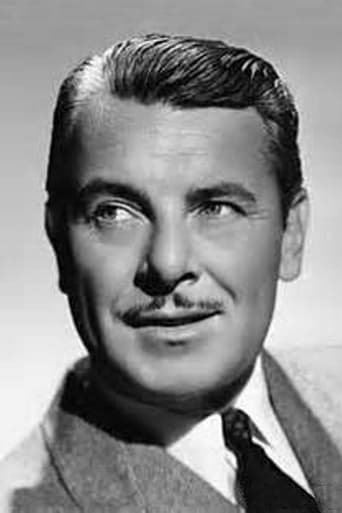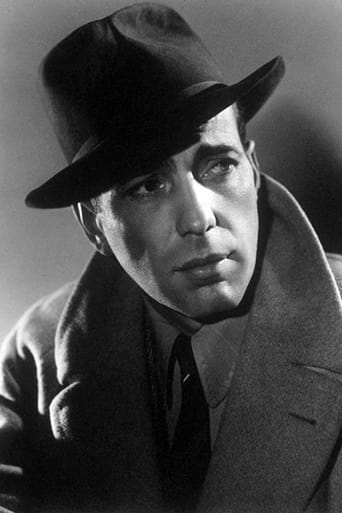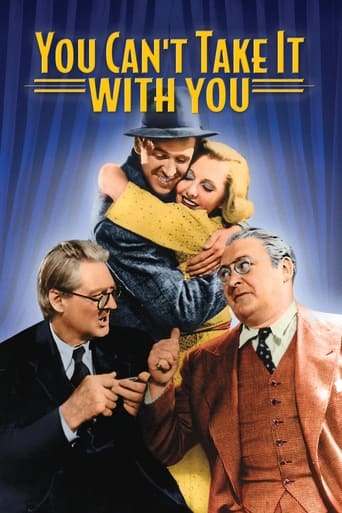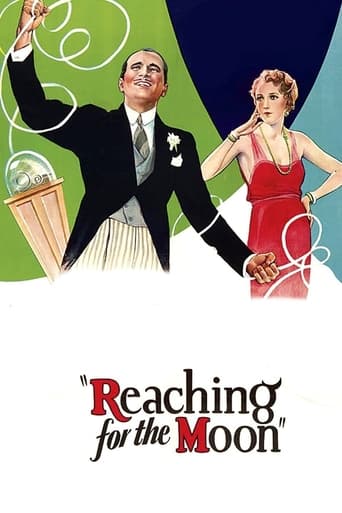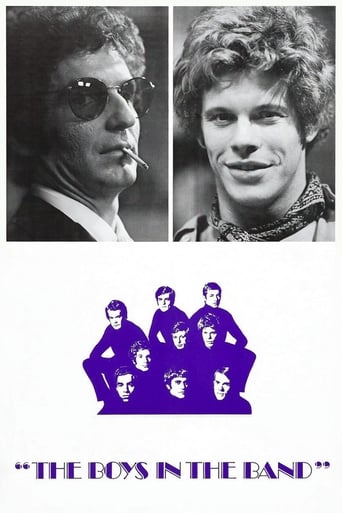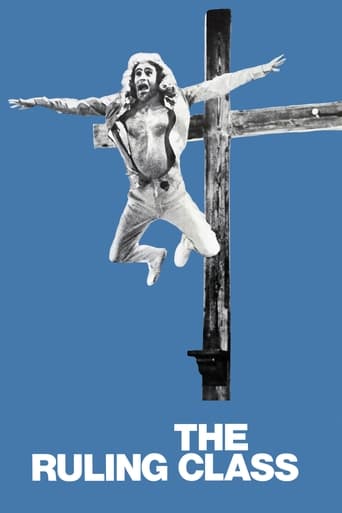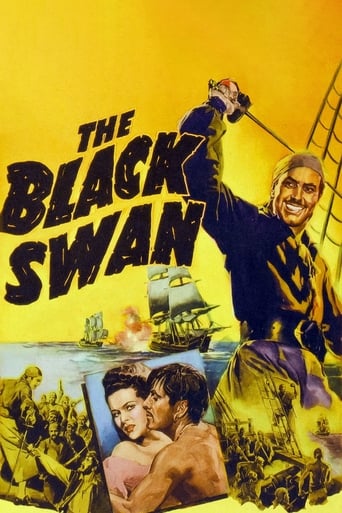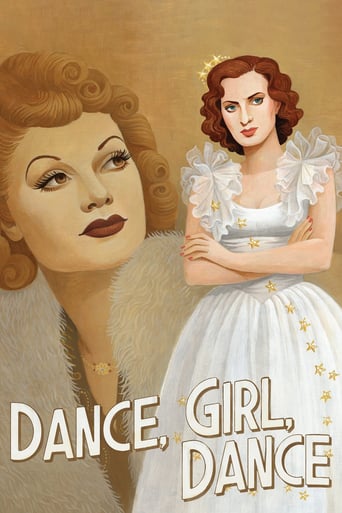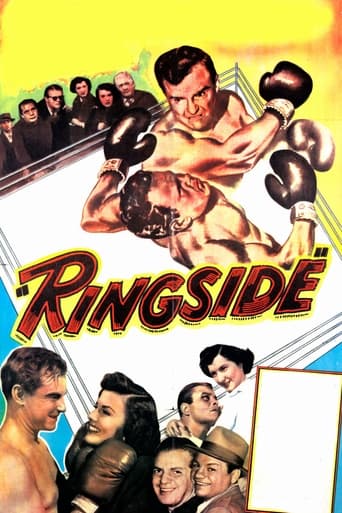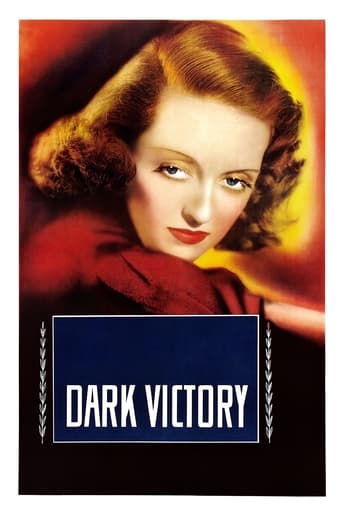
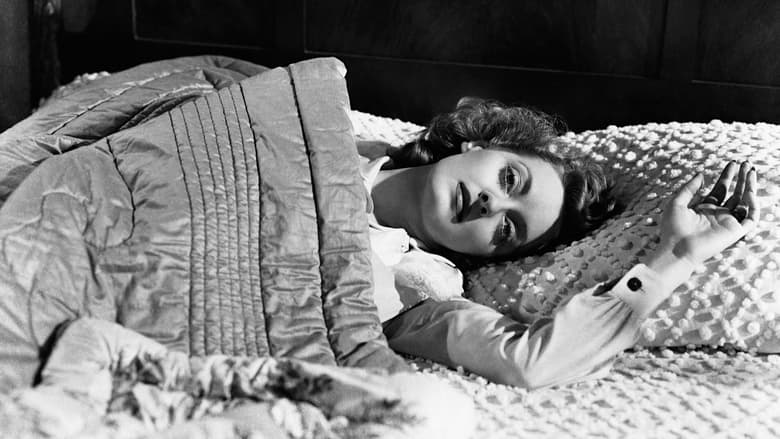
Dark Victory (1939)
Socialite Judith Traherne lives a lavish but emotionally empty life. Riding horses is one of her few joys, and her stable master is secretly in love with her. Told she has a brain tumor by her doctor, Frederick Steele, Judith becomes distraught. After she decides to have surgery to remove the tumor, Judith realizes she is in love with Dr. Steele, but more troubling medical news may sabotage her new relationship, and her second chance at life.
Watch Trailer
Cast
Similar titles
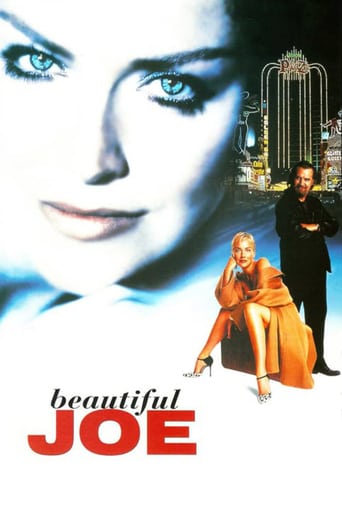

Reviews
Captivating movie !
An Exercise In Nonsense
This is one of the few movies I've ever seen where the whole audience broke into spontaneous, loud applause a third of the way in.
The film never slows down or bores, plunging from one harrowing sequence to the next.
In the past year I've been making an effort to see as many Academy Award-nominated movies as possible, minus a few that don't look interesting. The latest that I've seen is Edmund Goulding's "Dark Victory". I don't know whether or not this was the first movie to focus on medical malpractice, but it's worth seeing nonetheless. Bette Davis plays a socialite who has a malignant tumor removed, except that not all of it can get removed. The doctor decides that he wants her to be happy, and so he doesn't tell her about this.Much of the story seemed hackneyed, but Davis's performance carried the entire movie. Also of note are early appearances of Humphrey Bogart, Geraldine Fitzgerald and Ronald Reagan. But what's probably most important is that they did not give it the typical Hollywood ending. Despite its flaws, the movie works out well overall. Not that I would expect less of Bette Davis. I recommend it.
Having fallen in love with a patient he is treating for chronic headaches, a young doctor becomes conflicted about whether he should tell her the truth about her condition after discovering that it is fatal in this sobering melodrama. George Brent is only adequate as the physician in question, however, Bette Davis offers a terrific turn as the dying woman, who goes from protesting "but I haven't time to be ill" to gradually accepting. She has some particularly good moments as she uncovers the secret that Brent is hiding from her and there are some interesting dynamics at hand as she mistakes all of her best friend's private conversations with Brent as romantic in nature when in fact they are discussing her terminal condition. Geraldine Fitzgerald is also excellent as the friend in question and the supporting cast features many recognisable faces (Ronald Reagan; Henry Travers) though the most recognisable of all is a sadly miscast Humphrey Bogart, playing an Irish (!) stableman who contributes little to the narrative. This is a more accomplished film than one might expect though given the standard of Hollywood melodrama in the 1930s. The romance never quite clicks thanks to Brent's less-than-stellar performance, however, the film brings with it plenty to ponder in terms of dignity in death and learning to accept the inevitable. The denouement of the film is well-handled too; the film is a bit of a 'downer', but at least there are no unrealistic miracles in the mix as the film sublimely portrays the dignity one human being manages to have whilst preparing for the end.
Typical but classic 'weepie' (or 'women's film') from the late Thirties, a star vehicle for Bette Davis who was nominated for an Academy Award for her performance but didn't win (no matter, since she was Oscar-nominated a whopping eleven times in total and took home two such trophies during her career). Davis portrays a young wealthy woman who enjoys life in a frivolous manner, drinking, smoking and sporting too much, until she is diagnosed with a terminal illness that will kill her within a year. Instead of crying over it (which is left to the audience), she chooses to concentrate on the important things in life, finds love with the doctor examining her and keeps her dignity until the very (bitter) end, thus going out in a 'dark victory' in her acceptance of the inevitable as she embraces her death instead of needlessly living in fear for the unavoidable for the remainder of her days. The final scenes in which she says goodbye to her new husband as he leaves for a business trip while she, unknown to him, is in the final stages of her physical collapse – in order for him to remember her as she wants him to – is a serious tearjerking moment like only the Thirties could provide; hence the genre nickname 'weepies'. Despite the emphatically tragic occurrences and strong performances making it feel compelling, the general level of melodrama is overly high for many (male) audience members, which is a reason films like these were mainly marketed to the female spectators. Co-starring Humprey Bogart in a pre-Casablanca role, not as a bad guy in this case.
This box-office bonanza confirmed Bette Davis's status as the most critically and financially successful star of her day, who like her slight look-alike Meryl Streep, could do no wrong with two Oscars under her purse. Davis was almost assured a third Oscar for this (until a little film called "Gone With the Wind" came along late in the year with a ravishing British woman named Vivien Leigh swiping it away) but entered film immortality that year anyway with an additional three classics to her credit.As the lively socialite Judith Traherne, Davis is the most popular member of her social circle, alternately loved, loathed and lusted after for her striking independence. But fate has a tricky way of stepping in, and before she knows it, a visit to the doctor's after a fall from a horse leads to the revelation of her own immortality being threatened, something a spitfire like her is in fury of having to face with the deck of cards stacked against her.She is supported by the loyal George Brent as the brutally honest doctor who treats her and two uniquely different men-Humphrey Bogart as the lusty stableman secretly in love with her, and "Little Ronnie Reagan" (as Davis herself would call him when he entered a certain sector called politics) is her socially alike boyfriend but totally different in spirit. He gives a performance so sexless that you can't believe for a minute that she'd have an eye on him. It is the Heathcliff like Bogart who is much more her match, filled with fire to match her own sexuality, if not equal to her socially. Their scene when he reveals his feelings to her is an attempted seduction that under different circumstances would rock the stables he works in. More intuned to her both romantically and socially is Brent, giving one of his best performances. Also noteworthy is Geraldine Fitzgerald as Davis's loyal secretary and confidante who stands by her through thick and thin.The real treat is seeing Davis grow from devil may care socialite to a lovely but ultimately doomed young lady. Yes, there are tons of clichés, but Davis helps the film rise above each and every one of them. In the end, what this film is about is rising above one's own mortality and facing death with dignity, which she does beautifully.

